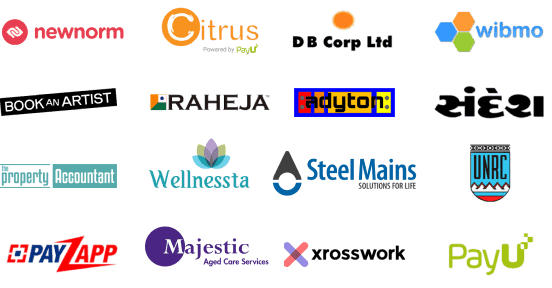Imagine this:
You're leading a high-stakes project. Your team is working tirelessly, but tensions are high. Deadlines loom, requirements are changing, and stakeholders seem increasingly disengaged. Fear creeps in — is your project on the brink of failure?
Sound familiar? You're not alone. Many projects struggle from poor stakeholder communication, leading to misalignment, confusion, and ultimately, failure.
But here's the good news: it doesn't have to be this way. With proactive stakeholder communication, you can transform your project into a thriving ecosystem of collaboration and success.
Here's how:
1. Set Clear Expectations:
- Take it from the top: Clearly define project goals and objectives with all stakeholders.
- Get specific: Outline key deliverables, timelines, and responsibilities.
- Don't just tell, ask: Encourage stakeholders to share their expectations and concerns.
2. Foster Open Communication:
- Create regular communication channels: Schedule meetings, establish email/chat groups, and use project management tools to keep everyone informed.
- Embrace transparency: Be honest about challenges and roadblocks, and address concerns proactively.
- Actively listen: Encourage feedback and questions, and demonstrate genuine interest in stakeholders' perspectives.
3. Build Trust and Engagement:
- Recognize and appreciate contributions: Acknowledge stakeholder input and celebrate successes together.
- Be accessible: Make yourself available to answer questions and address concerns.
- Empower stakeholders: Involve them in decision-making processes where appropriate.
Curious about the benefits of effective communication?
- Reduced risk and improved alignment: Clear communication eliminates confusion and keeps everyone on the same page.
- Increased collaboration and commitment: Engaged stakeholders are more likely to go the extra mile.
- Stronger trust and team spirit: Open communication builds trust and fosters a positive project environment.
Ultimately, success:
When stakeholders are informed, engaged, and invested, projects are more likely to succeed on time, on budget, and exceeding expectations.
At the end of the day, projects require people and effective coordination between them. Without structured communication underpinning efforts, outcomes remain at risk. Teams often learn this lesson late at the cost of budget, morale, and adoption after projects conclude. Ensure this doesn't happen by laying the proper groundwork early through dedicated communication.
Have you faced similar challenges? What resonated most or what other best practices do you leverage? What communication gaps still challenge your projects? Let's keep exchanging ideas on mastering this pivotal capability for any modern program.





